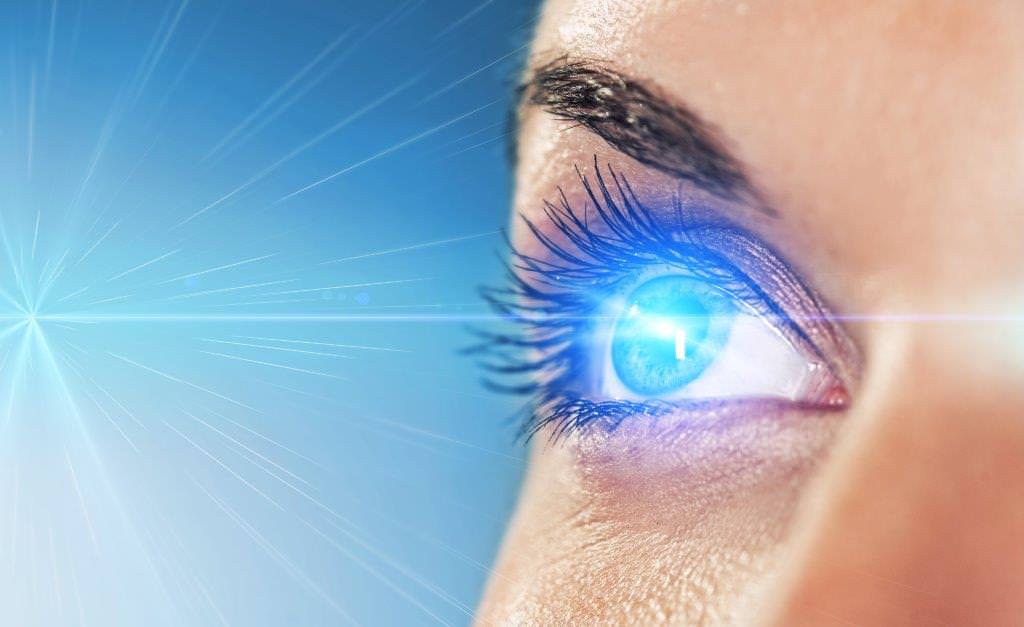
Eclipse and Solar Retinopathy
Expect some exciting viewing to come to Lancaster on Monday, August 21st. The moon will eclipse most of the sun, with great viewing at around 2:40 PM. At our office at 810 Plaza Boulevard we plan to break from work for a short period to enjoy the scene. The Eye Physicians of Lancaster should have available 60 eclipse glasses for staff and patient use. We can also sell some cool styles at minimal cost for anyone who would like to drop by in advance.
Eclipse viewing can lead to eye damage if done to excess or improperly. The medical condition is called Solar Retinopathy. This means the sun has caused a pathologic condition in the retina. When serious damage occurs it is often from prolonged direct viewing by those who are either unaware of or who ignore the risks. The main symptom of this is a blind spot in the central vision-the worst place to lose vision. In severe cases it can be permanent and in lesser cases the scotoma (blind spot) can shrink or resolve over several months. Isaac Newton is said to have blinded himself for 3 days by viewing an eclipse reflected from a mirror.
The retina is an extremely delicate tissue composed of layers of cells lining the back wall of the eye. The retina is only 0.1 mm thick. Its renowned cellular layer is the photoreceptor layer. These are the cells of our body which contain the light responsive pigments opsin and rhodopsin. Normal vision is associated with the release of pigment discs at the tips of photoreceptor cells. These discs are released into the potential space between the photoreceptor cells and the retinal pigment epithelium (RPE). The RPE has the responsibility of digesting these discs. In fact, macular degeneration is a common disease of aging in which the RPE becomes unable to keep up with the digestion. The process of disc release occurs any time the eye is stimulated by light. But there is a burst of disc release at times when the eye has become used to darkness, such as when asleep, and then becomes exposed to light, such as awakening or turning on the room light. It can take the eye some time to overcome this shock of bright light-and that is the cause of an afterimage. We’ve all experienced the sudden painful blinding of turning on the light at night. The light seems to persist even after the lights have been turned off again. That “afterimage” of a light which is no longer there occurs because the eye has yet been able to replace the photoreceptor discs that had undergone a burst of shedding.
Wear your eclipse glasses and enjoy the view.
Leave a reply →

